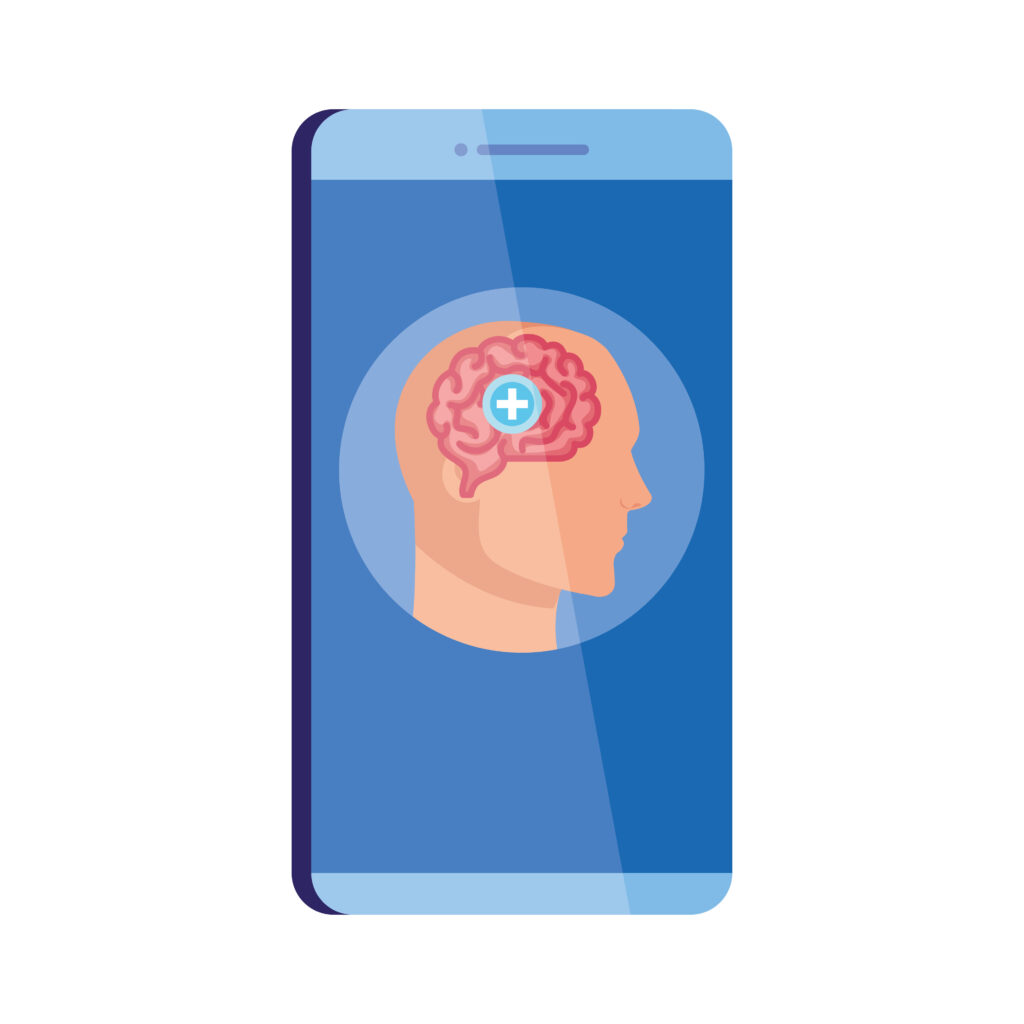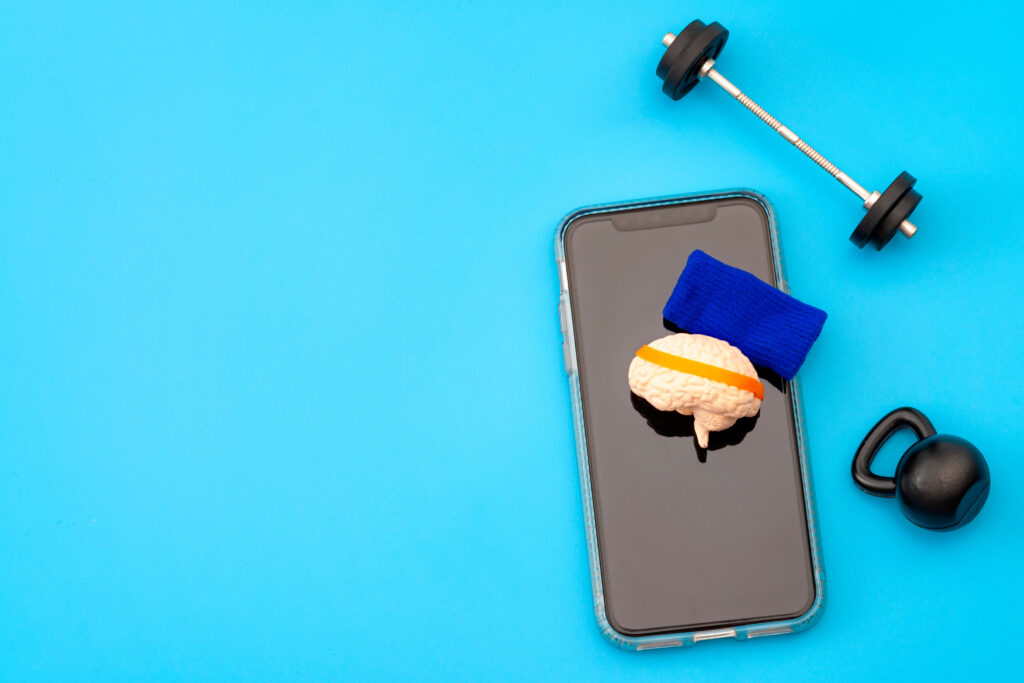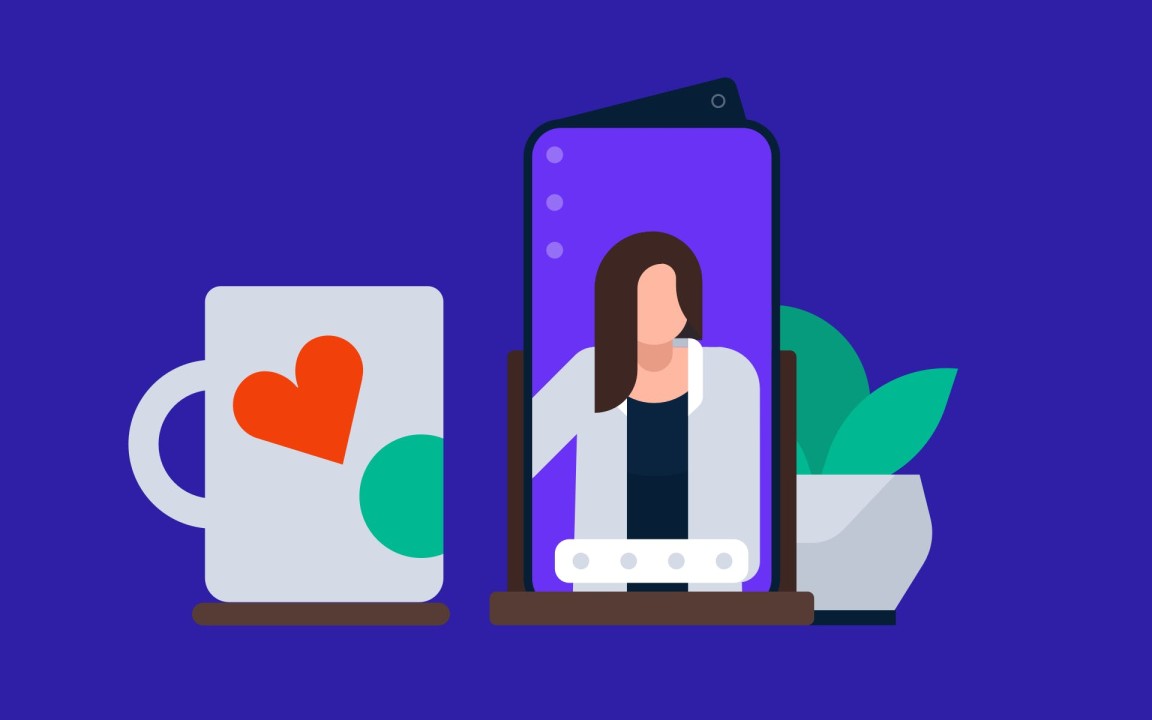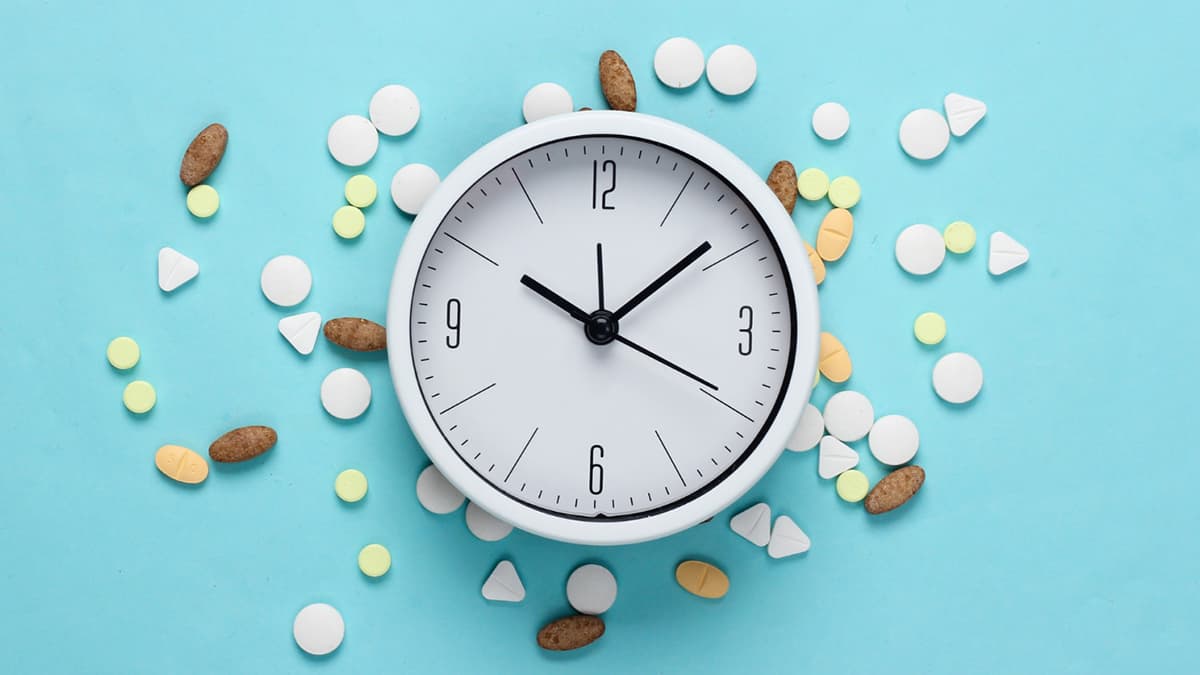Like any smartphone commercial will say, there is an app for every situation, and mental health is no different. More and more apps are promoted to help with mental health, providing features to assist in dealing with various issues such as schizophrenia, addiction, anxiety, and insomnia.
Striking claims such as this are frequent in the increasingly growing mental health app market. But you should be aware that most of them are unmonitored. While some can be helpful and secure, others may have wavering or non-existent policies and have insufficient quality research to show that their applications are ready to achieve their marketing claims. Moreover, the question is, are these apps readily available to individuals with mental health issues looking for support?
Likewise, a care team can use mental health apps to change people’s behaviors with mental health issues. But just as said before, not all have the good quality research to back up many mental health apps’ claims. As such, it’s definitely appropriate to sift out which ones are beneficial in the long run.
If that’s your case, then be informed about this guide to choosing a behavioral mental health platform. Read on to learn about those things.
Who Might Profit From A Mental Health App That Also Deals With Behaviors

Dr. John Torous, the director of the digital psychiatry division at Beth Israel Deaconess Medical Center, said that mental health applications could assist individuals in having insights into how their feelings, thoughts, and actions interact with one another. He also added that they could help facilitate patients’ necessary skills learned at therapy.
Dr. Stephanie Collier, director of education in McLean Hospital’s geriatric psychiatry division, agreed that mental health apps “can also function well along with physical activity goals, such as step counters,” because exercise can alleviate depression and anxiety symptoms.
Concerning behaviors, mental health apps promise to assist individuals with mental health issues in adopting a healthy lifestyle using different persuasive strategies. For instance, self-monitoring and tunneling persuasion strategies are used to achieve the desired results in a person with mental health issues.
For instance, in the self-monitoring persuasion strategy, a person will self-monitor his behaviors related to mood, health, eating habits, exercise, and social activities. The person will take the proper approach to record behaviors and mentally note these behaviors to enhance self-awareness. However, patients may also write their behaviors to do this strategy.
Overall, if you want a behavioral health platform to assist your team, you can find many online.
Can Mental Health Apps Be An Alternative To Therapy?

You should know that mental health apps are not a substitute for therapy, especially if your patient has harmful symptoms. Mental health apps are not distinct kinds of treatments. They can become more effective when used in conjunction with therapy. Ideally, mental health apps train individuals with necessary skills and offer education. However, it should lead people to look for more professional assistance.
What Should You Look For In A Behavioral Mental Health Apps

Now that you have known some things about mental health apps let’s delve into the factors that make a behavioral health app ideal.
1. Data Security And Privacy
You must know what happens with your data as you use any mental health app. Every behavioral mental health app must have a privacy policy that should notify you about how such an app manages your data—sadly, these apps have policies usually written in complex language that readers will have difficulty understanding.
In addition, ensure that the app even has a privacy policy in place, which your patient will connect to in the Google Play Store or iTunes. If you’re not sure about the app’s security, it’s better not to add identifiable information.
There are other essential things that you must consider regarding data security and privacy:
- The app’s standard must be clearly stated to the user.
- Technical security reviews and data audits are crucial to ensure that the app adheres to its stated standards and quickly pinpoints new vulnerabilities.
- Data storage, use, and sharing practices must carry out healthcare standards for handling patient health information.
- The app developer must write any language concerning data storage, sharing, and use at a sixth-grade reading level.
- The individual user must have the freedom to opt-out of sharing their information.
2. User Experience
User experience, also called UX, is the end-users all-in-all experience in using a program or app. User experience relates to whether the user had fun, became engaged, or was interested while using it.
Even if the app probably works, if the experience of using it isn’t ideal, people will be less likely to use it constantly. An objective criterion of user experience is the Mobile App Rating Scale. It’s the most used standardized tool created by the Queensland University of Technology for examining the engagement, aesthetics, functionality, and information quality of a health application.
Likewise, looking at the app’s screenshots in the app store can give you a glimpse of how it feels to have the app before using it. If you’ve become disinterested in a poorly designed app, an app that has glitches or has a slow function, the app can likely provide a poor user experience.
In addition, the app must state the standards regarding the most appropriate practices in user design research.
Overall, user experience allows changing behaviors through mental health apps to be more fun and engaging.
3. Existence OF Proper Experimental Evidence To Show The App’s Effectiveness
This factor may be less easy to validate in mental health apps, but apps with experimental evidence often proudly promote it. While some experiments have been done on various mental health apps, these are often uncontrolled, meaning there’s no rule to compare the app.
This is somewhat low-quality evidence because the placebo effect of downloading a behavioral health app or being part of research might be pretty powerful. The high-quality proof for any health or mental health treatments comes from randomized controlled trials, where research participants are irregularly placed in various groups using various interventions.
While some randomized controlled trials on mental health apps have been completed, no presently available apps for anxiety or depression have shown any randomized controlled trial studies to support their effectiveness.
But, in the coming years, researchers will positively deal with this, and some mental health apps will have randomized controlled trials to provide proof of effectiveness, particularly concerning behaviors.
4. Price Of The App
One of the things that your care team must consider is the price of the mental health app. Your team must note how much money will be spent. Usually, apps of high-quality standards are supported by research, so they will probably have more price.
Many apps provide free-trial access, so take it as an opportunity and extensively use it within the trial period. Notice if it promises improvement in a person’s behavior after using it. This is so you will have a much better background if it’s worth paying your hard-earned cash on the full subscription to the app.
Another thing to note when deciding on the price is if the app is worthy of payment. Does it provide the necessary features to allow for such a price? Some features that an excellent behavioral mental health app offers are:
- AI Chatbot companion for mental health patients
- Telemedicine and therapy apps for mental health issues
- Daily Progress Tracker
- Calming templates
- Daily reminders with positive messages
- In-app rewards to motivate your patients
- Proper encryption of patient’s data
- Activities that promote mental health
5. Is It For Your Patient?
You should note if the behavioral mental health app fits your patient’s mental health and behavioral issues. What does the app deal with? Mental health conditions often happen along with each other and share many factors that your team can handle simultaneously.
To start, you can check the details on the app to find if it’s for depression, bipolar, addiction, anger issues, obsessive-compulsive disorder, or personality disorders. However, having an app that deals with a broad range of mental health and behavioral problems may also be helpful to your patients. But it may not be applicable if your patient has particular mental health needs.
Some apps help to track behaviors. And so, your care team can gain valuable insights into your patients’ behaviors as time goes by. This can also provide your patients with a proper understanding of their positive and negative behavioral patterns and motivate them to make changes.
Conclusion
Many mental health apps exist, claiming to address various mental health issues such as depression, anxiety, insomnia, addiction, and schizophrenia. Moreover, many apps claim to manage people’s behaviors with mental health issues. Claims like these are common in the mental health app marketplace. However, many lack the proper research to back up their marketing promotion and have non-existent policies.
As such, it’s ideal to be informed about how to choose a behavioral mental health app, particularly if you’re a care team that wants to treat your patients’ behaviors. This article delves into those. And so, take note of them, and share them with others.








Leave a Reply
You must be logged in to post a comment.